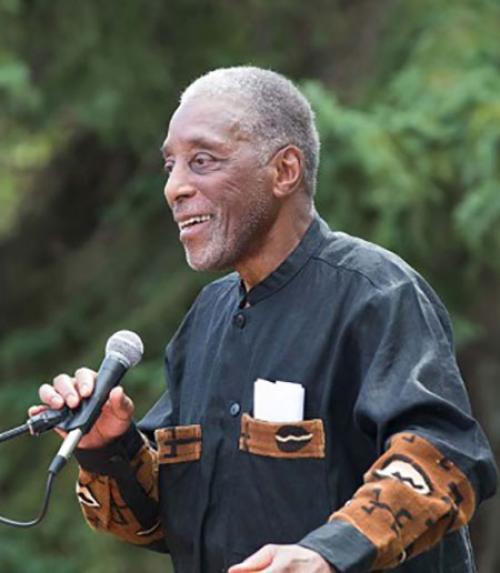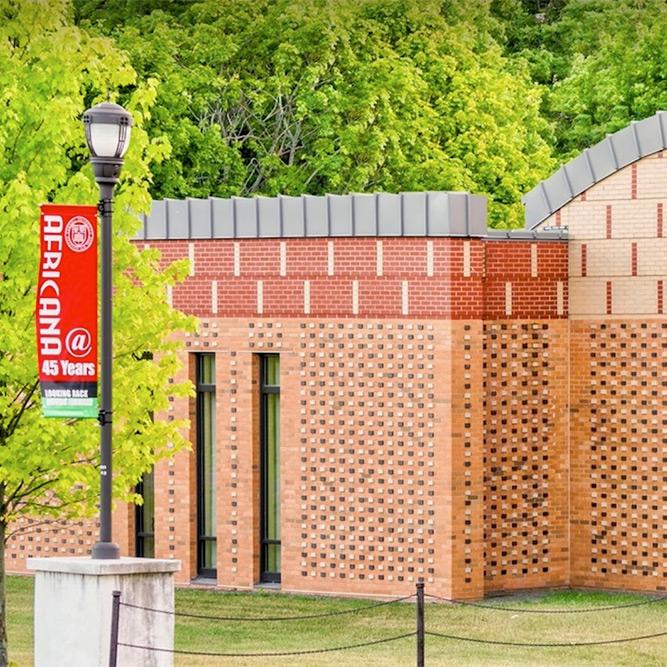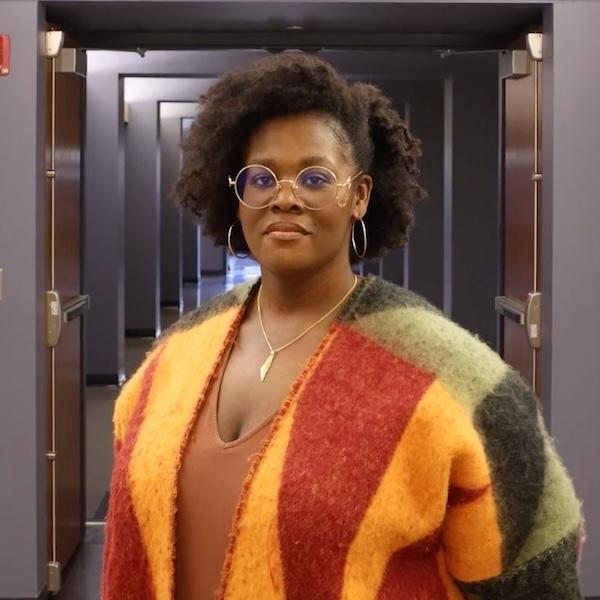
 Department Homepage
The College of Arts & Sciences
Department Homepage
The College of Arts & Sciences
Africana Center to honor founder at 50th anniversary symposium
The symposium – focusing on Turner’s activism and impact in shaping the black student movement – will be held from April 12-13 at the Africana Center, 310 Triphammer Road. The keynote address, scheduled for 11 a.m. April 13, will be given by John Bracey, professor in the W.E.B. du Bois Department of Afro-American Studies at the University of Massachusetts, Amherst.




